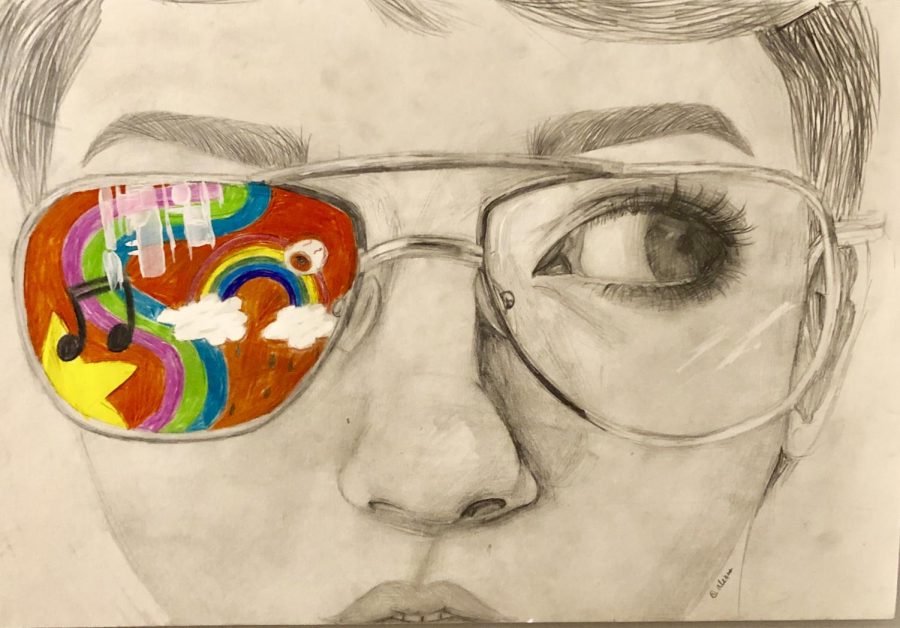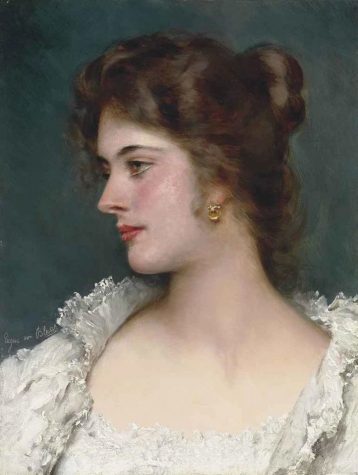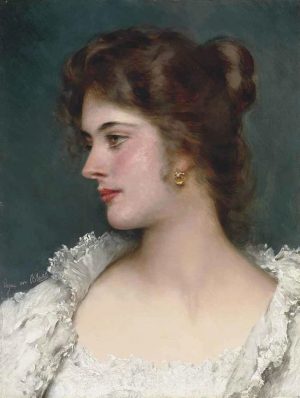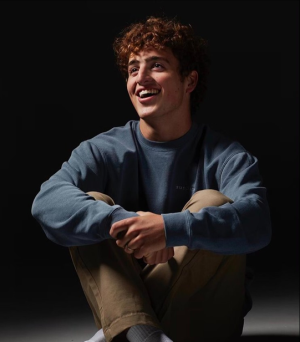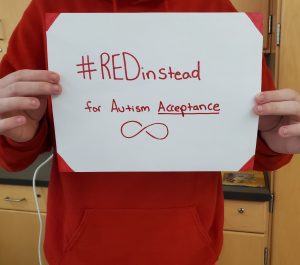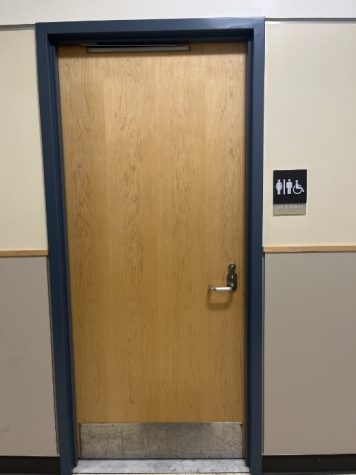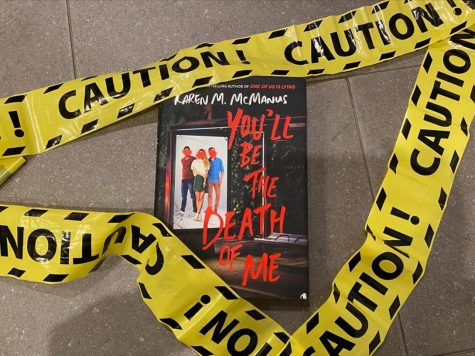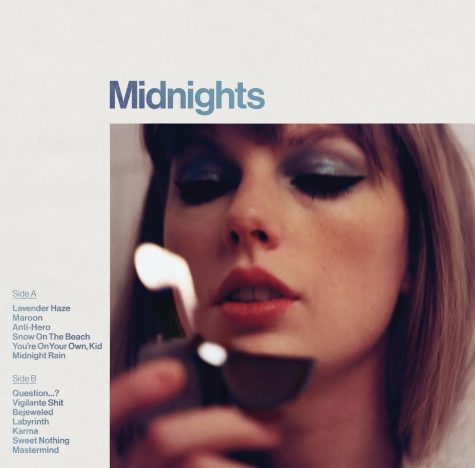Media Can Be Toxic to Young Children
Life before phones and tablets were the craze
Alexis Mitsiopoulos, via Mr. DiRado
This self portrait drawing titled Artist’s Vision was created by an Abington Middle School student, in grade 8, Alexis Mitsiopoulos for the Scholastic Art and Writing Awards 2018-2019.
March 12, 2020
I work at a restaurant. I have for about two years now. One thing that’s always stuck out to me is how often kids are using their phones or tablets.
We provide crayons and coloring sheets, and they sometimes won’t even use those. It’s strange to me. When I was growing up, and even now, we never use electronics if we’re having a family dinner. We listen to music, and that’s all.
Then I begin to think, well what do kids gain from media? I don’t mean cartoons and kids’ shows that teach them the alphabet or lessons, I mean more adult things, like gaming devices or news shows.
I used to work with kids, and I have relatives that are younger. I’ve heard some of them say things that I never would have thought when I was their age, like “I’m chubby” or “I’m not skinny enough” or “I’m too short.”
When I was a child, I never thought anything about my image. So where do today’s children get it? My guess is the media, with models that are Photoshopped to unrealistic proportions, both male and female, and television commercials constantly talking about how to get the perfect body and displaying someone unrealistically thin or with unrealistic muscles. Imagine what a child thinks when they see this.
Many celebrities, including Jameela Jamil, Lili Reinhart, Lady Gaga, Keira Knightley, Kate Winslet, Zendaya, Jamie Lee Curtis, and Ashley Benson, have protested Photoshopping models to appear “more attractive.” Things that include making them appear skinnier, younger, or even a different skin tone. Most have shamed Photoshop in interviews or on social media, saying that this isn’t who they are, and not what they want to be portrayed as.
I believe that in some ways, like watching cartoons, or playing a little game, that media can be good for young kids. I also believe, though, that we all need to be more responsible in educating the younger generation on Photoshop and the supposed “perfect body” by teaching them that it doesn’t exist. And that they should be happy with how they are.

